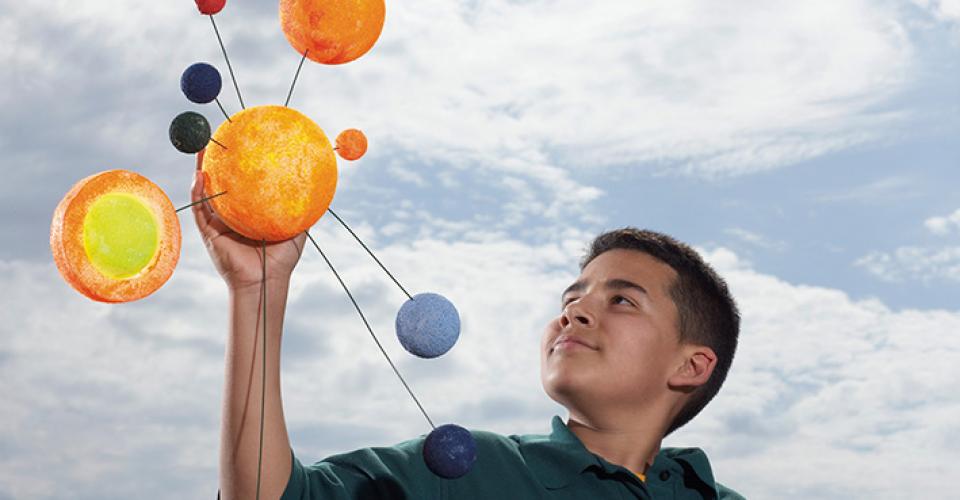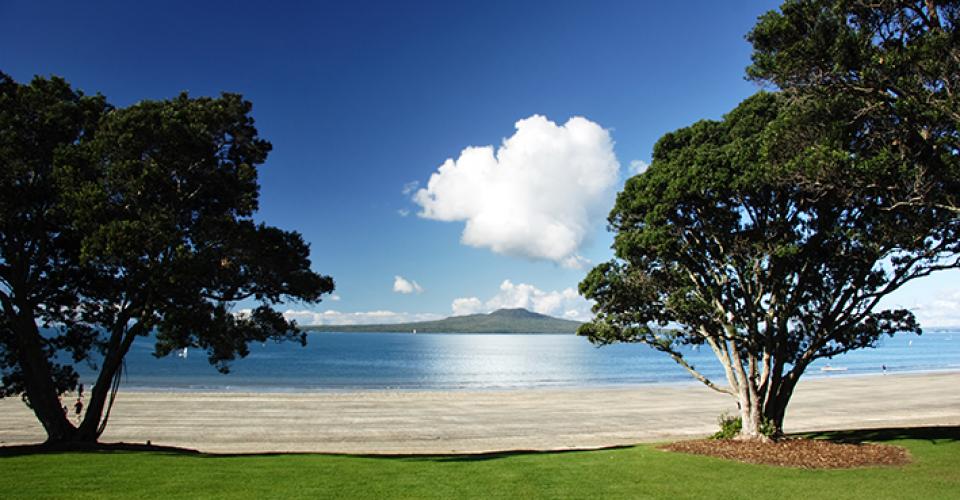Let’s look closely at our practice
20/05/2015My teaching philosophy is fiercely driven by learning dispositions, writes LEANNE STUBBING.
 I have been engaging in some discussions with other teachers lately about what science looks like in the classroom. These discussions are taking place under the #scichatnz hashtag on Twitter. We have unpacked what it is exactly that we teach, why we teach it and how it fits in the bigger scheme of things.
I have been engaging in some discussions with other teachers lately about what science looks like in the classroom. These discussions are taking place under the #scichatnz hashtag on Twitter. We have unpacked what it is exactly that we teach, why we teach it and how it fits in the bigger scheme of things.
My own teaching philosophy is fiercely driven by learning dispositions. I want my (Year 3 and 4) students to be creative, resourceful, resilient, curious, problem-solving learners and I find that science is a platform that can really promote all of these things. There is, however, a tension that exists between covering content and what it is to be a scientifically literate person. We have taught in silos for so long that our beliefs about how to teach science are centred on accumulation of knowledge. It is harder than one thinks to try and change this point of view.
Experiencing science
The more traditional view of teaching science would predict that certain science topics would be covered in the space of a year in units of work. Certain content would be taught and assessed. I really struggle with this personally because it can confine science to a particular topic and time. I want my students to experience science, and different areas of science. This is where the Nature of Science comes in.
The Nature of Science (NOS) is the overarching strand of science. It can actually allow for possibilities of science that are not tied to a particular unit of work. While doing a science activity, teachers can focus on teaching the NOS skills (Bull, Joyce & Hipkins, 2014). Science then becomes about investigating, understanding, communicating and participating and contributing (The New Zealand Curriculum, 1998).
So how do I see this working in my classroom? To truly reflect on this I have to think about my learners. What do my learners need? My learners need hands-on learning experiences, they need real life problems, real contexts, and they need to see that science is an everyday part of life. They also need to think critically about the ideas that they come across.
Rock ‘n’ roll element
But there is also something of a ‘rock ‘n’ roll’ element to science that should leave them in awe and wonder. Experiments that make them jump for joy, laugh, cry and want to repeat time and again. Bright lights, explosions, sticky gloop. Sometimes it is as simple as a few beads and a piece of string, a paper and a pencil.
My class left school on Friday looking like they were off to a rave party. They were wearing UV bead jewellery that they had made. I told them that they were living science experiments. They came back after the weekend full of exciting and interesting observations and inferences.
So the answer is balance. There is room for pure science and there is room for experiential science. There is also room for science to break out of its undervalued timeslot and splash into maths, literacy, drama, social sciences, music and all the other wonderful curriculum areas.

This is my fellow #WellyEd teaching friend Tony, who just happens to be a science teacher that inspires me greatly. I’ve turned his quote into a meme. Tony is a bit like a meme; he is always transmitting his ideas on Twitter and in turn becomes a cultural artefact that can be retweeted.

- Leanne Stubbing is a primary teacher in Wellington.

























Post your comment
Comments
Awesome post Leanne!
Reflecting on the recent heavy rainfall (that I sadly missed as was at a wedding...!) what teachers used that as an awesome writing prompt? I would hope quite a few...
But from a science perspective, how many teachers taught the science behind the heavy rainfall and subsequent flooding? These experiential moments often can't be planned but have to be seized when they occur, not often enough I sadly assume...
I know it is hard to lift from the Nat Stan haze and look for the science in each day, but this would make the torrential rain more than a chance to practice recounts or poetic writing.... But actually learn about the world in which we live and develop the awesome dispositions that you mentioned!
Thanks for sharing!
Chris
Posted by Chris Theobald, 20/05/2015 6:48pm (11 years ago)
No one has commented on this page yet.
RSS feed for comments on this page | RSS feed for all comments